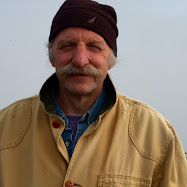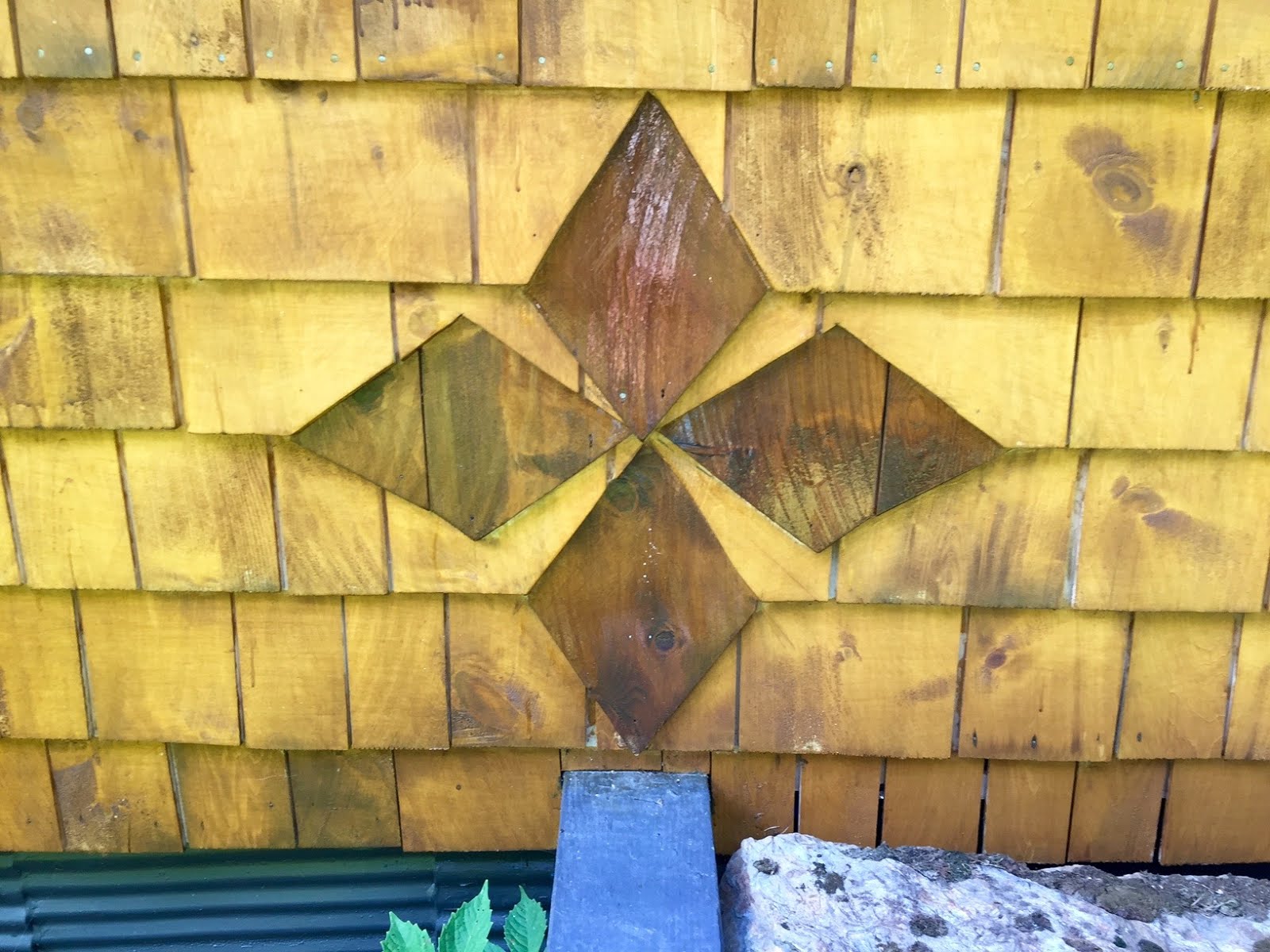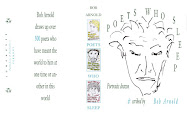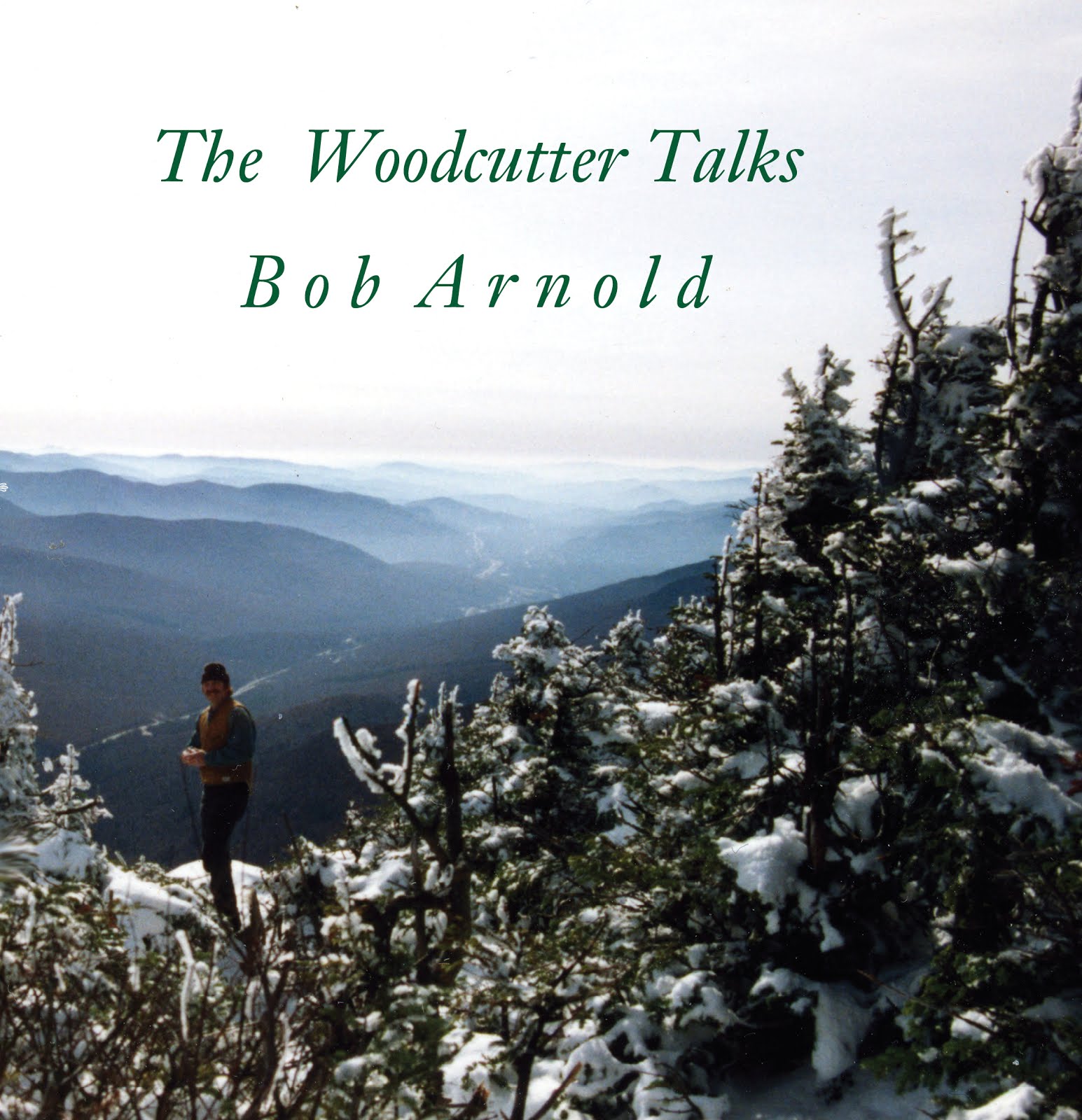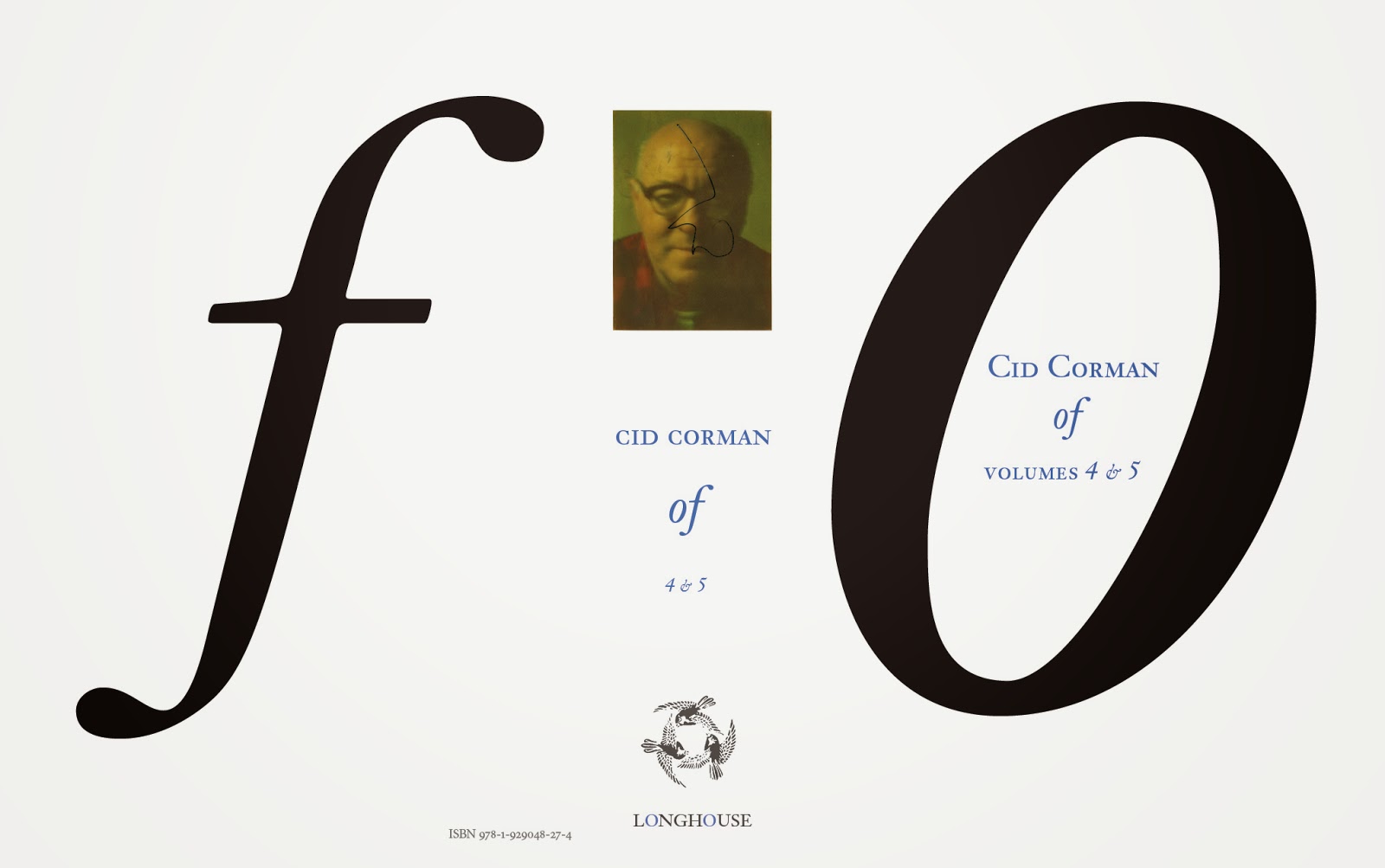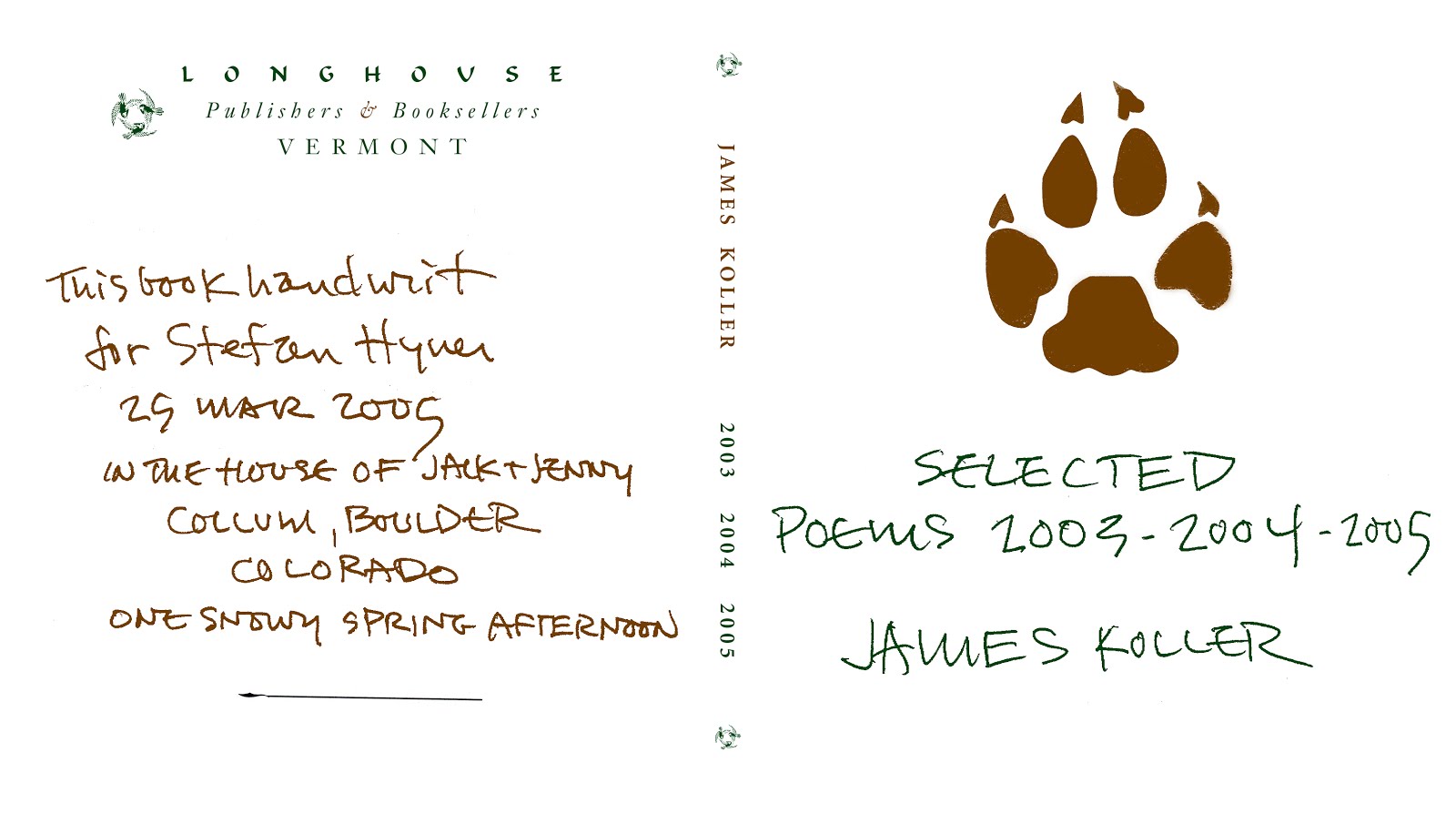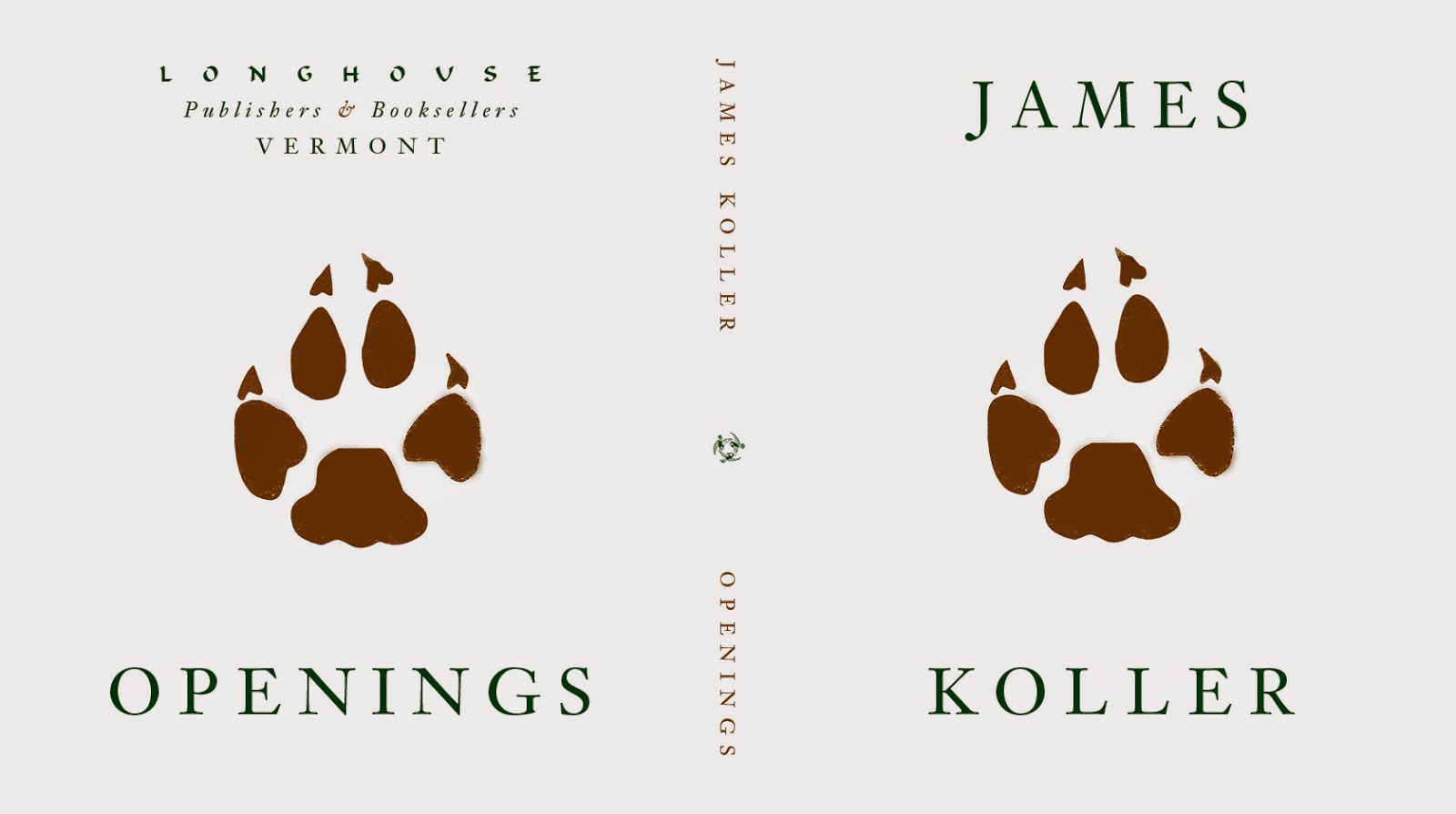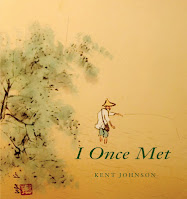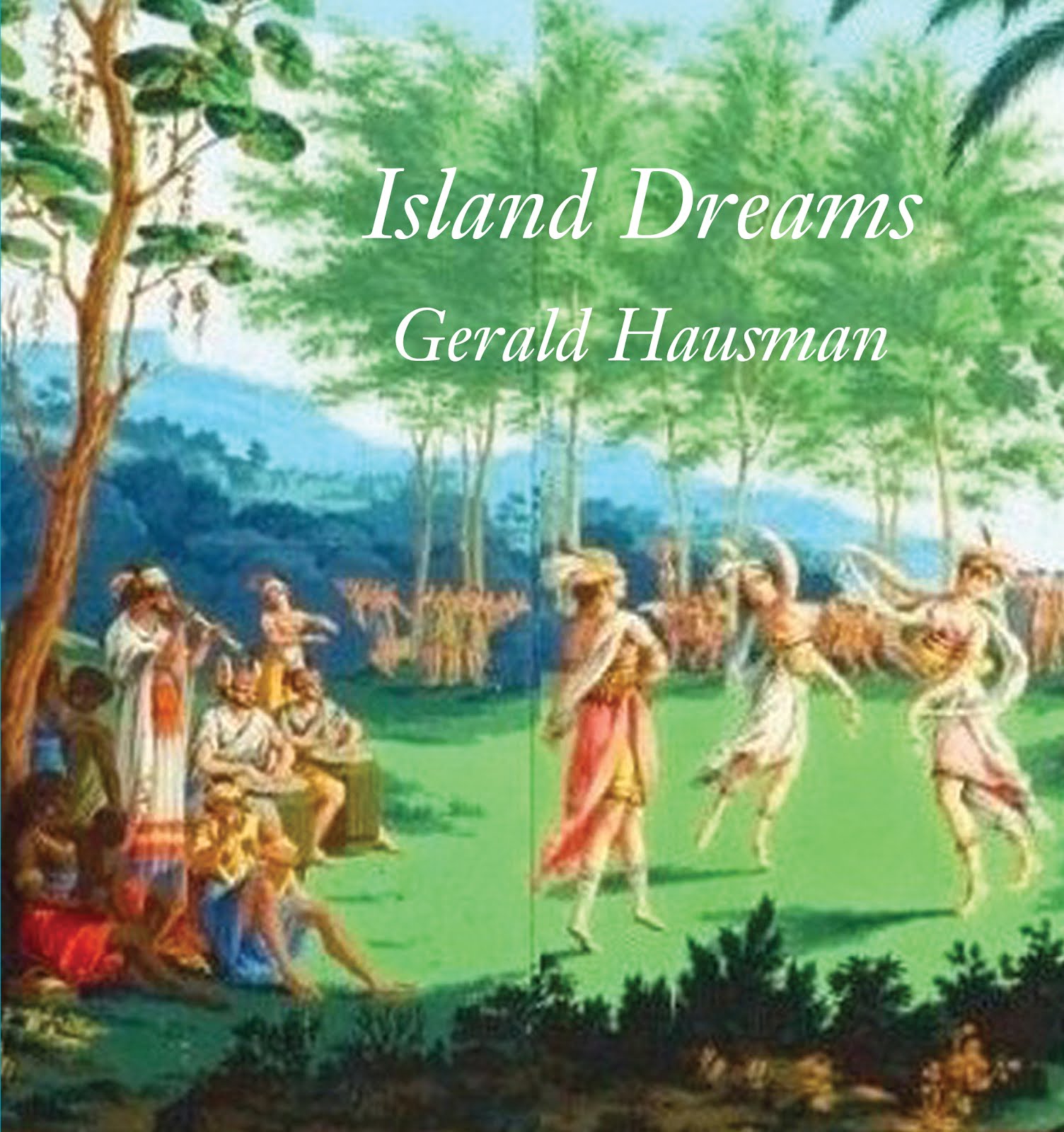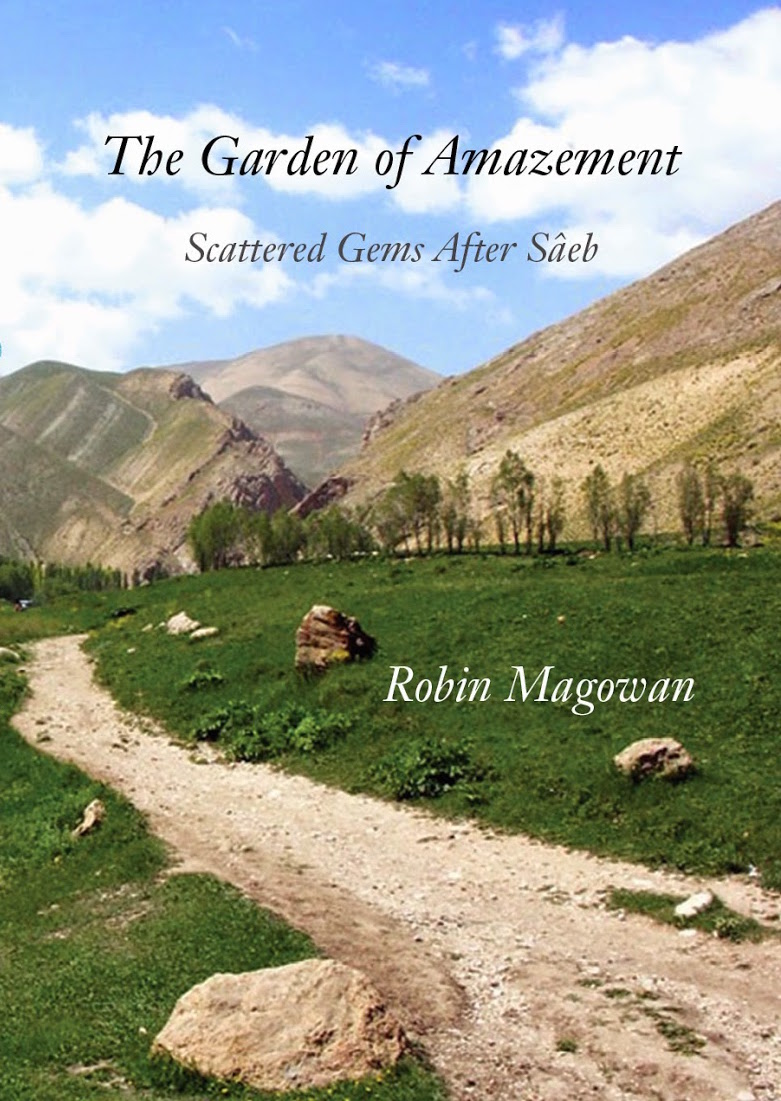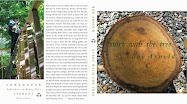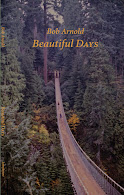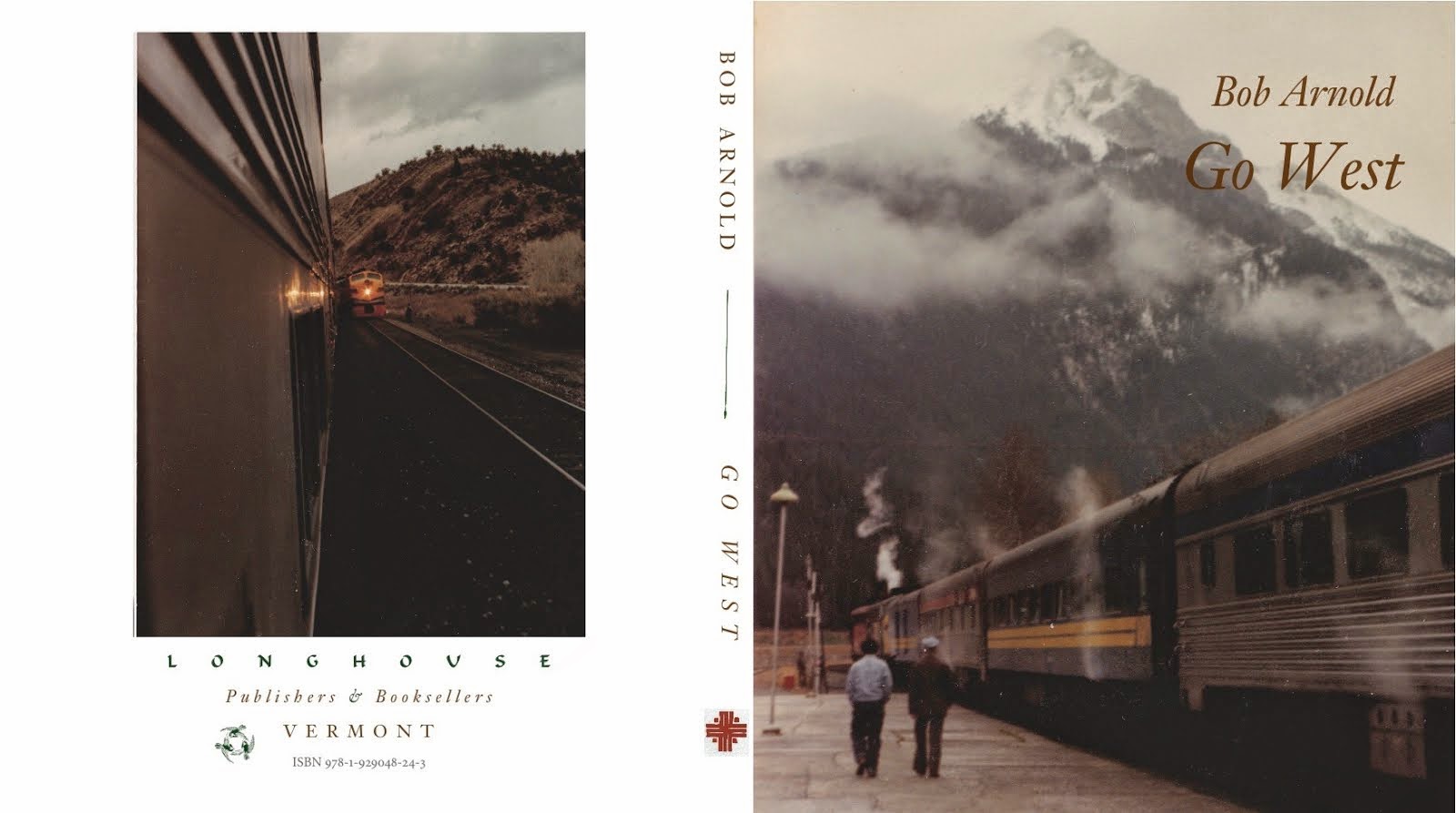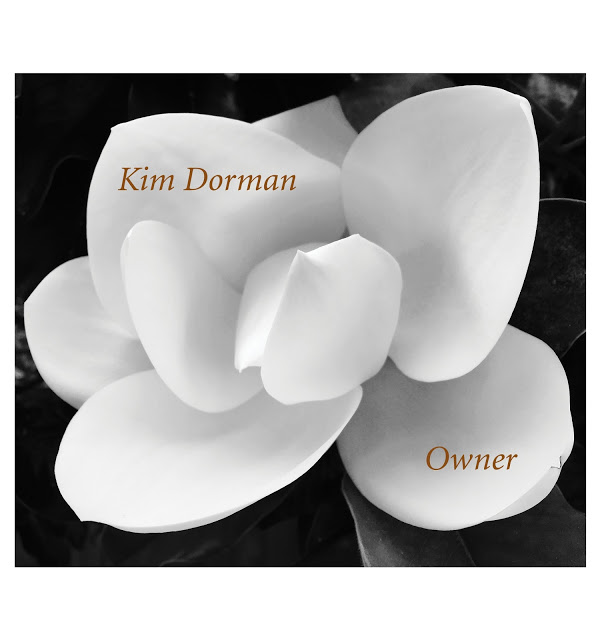ONE WORD FOUND
After a long winter that shook things with ice and extensive tree damage for many starting in December, then the deep snow and cold and early dark weeks piled up one against the other for months. And don't forget 5 miles of mud roads no matter whichway we left the house, just recently. By the time we came to Spring, and it does come, there is that one morning the sunlight changes its angle and the birds notice this before anyone. Hear the difference in their song. Even the river seems to run less with snow melt and more by the energy of new growth. Out in the big yard we took to raking long before the snow was gone. We'd work every day wherever the sun had melted and take up the wet leaves for compost and a million small branches and lift up the rubble of stonewall top rocks that spilled off and rake smooth all the wood ashes spread over ice paths during the season. After a full month of this snow melt and raking the yard is now almost dry of snow. There always remains the diminishing snow pile by the north door that never leaves until almost May. While raking the hosta bed today, the long one on the eastern side, near the long woodshed eaves, I found a word in the debris. The only word I raked up all Spring. It could have been any word. I could have invented any word. No need for inventions in such a world. Here's the one I found as it found me.
Tuesday, April 28, 2009
Sunday, April 26, 2009
A WALK WITH JOHN MARTONE

you follow train tracks come to a sheep pasture
RR
tracks
sheep
pasture
house
trailer
ceme
tery
inter
section
grazing
sheep
facing
evry
way
my
compass
sheep
---------pasture
---------------------pattern
18 sheep & cloudless sky
sheep
& rain
also
kin
stand & watch
3 horses also
stand & watch
stream
boulder
sheep
color
somebody's roof at home in this stream
walnut leans
-------------over stream
------------------------listening
graveyard's
an
other
flock
above
sheep
pasture
graveyard
---------obelisk fell
---------------------perfectly west
year's first monarch suns on a headstone
monarch
-----------on headstone
-------------------------- about to
------------------------------------ topple
headstones leaning
-------------------one against another
--------------------------------------against a cedar
all winter
-------------nest stayed
---------------------------one piece
winter left
-------------a clean cup
-------------------------nest
sheet-plastic-
------------------storm-window too
-----------------------------------------in nest
you set
a stone urn
upright
somebody walking toward you just vanished
~

you follow train tracks come to a sheep pasture
RR
tracks
sheep
pasture
house
trailer
ceme
tery
inter
section
grazing
sheep
facing
evry
way
my
compass
sheep
---------pasture
---------------------pattern
18 sheep & cloudless sky
sheep
& rain
also
kin
stand & watch
3 horses also
stand & watch
stream
boulder
sheep
color
somebody's roof at home in this stream
walnut leans
-------------over stream
------------------------listening
graveyard's
an
other
flock
above
sheep
pasture
graveyard
---------obelisk fell
---------------------perfectly west
year's first monarch suns on a headstone
monarch
-----------on headstone
-------------------------- about to
------------------------------------ topple
headstones leaning
-------------------one against another
--------------------------------------against a cedar
all winter
-------------nest stayed
---------------------------one piece
winter left
-------------a clean cup
-------------------------nest
sheet-plastic-
------------------storm-window too
-----------------------------------------in nest
you set
a stone urn
upright
somebody walking toward you just vanished
~
All the above, just in, is from compass by John Martone and scarce in any edition. This is but one section from the new book. Many of John's finest books, booklets, sleeves, sheets, broadsides etc., are from jaunts, hikes, walks, on-foot strategy of eye and hand coordination from the neighborhood garden, midwest woods, fields and streams.
Wednesday, April 22, 2009
JEFFERS ~ THE CARMEL COAST
LAWRENCE CLARK POWELL
LAWRENCE CLARK POWELL

Rereading recently Lawrence Clark Powell's Robinson Jeffers, the man & his work (Haskell House) originally published by Primavera Press of Los Angeles, with the decorations by Rockwell Kent, foreword by Jeffers himself, one is holding in hand one of the gorgeous masterworks of California. Powell has been forgotten by way too many readers, mostso the new young readers who could delight in his slow down world of book lore and customs and embracing books and writers whole to his chest. All his books are a singing testimony to the love of writers, books and libraries. He didn't sit on a tenured post or busy his days with writing grant proposals — he got up off his fanny and went to visit the writers he advocated and literally moved in for awhile with the family of man and took his notes and sharpened his eye and dirtied his brow. In Jeffers' case, he swept himself up in the legends of the rocky Carmel coast, going inland too with those sunny creviced hillsides. Forgetting Jeffers or Powell is forgetting the physical literary landscape. I like this map that comes along with the book. It tells many stories, deepens some myths, clears the eye to where-what-is while reading Jeffers. Take a look. Go find the poems. Click on the map to make it bigger.
~ In Memory ~
J. G. Ballard
J. G. Ballard
Labels:
California,
Lawrence Clark Powell,
Robinson Jeffers
Friday, April 17, 2009
MY FAVORITE BOOK FOR SPRING
What the Prophet of Environmentalism Really Meant
ROBERT SULLIVAN (Collins)
Look at the cover design and drawing of this book — yes, judge a book by its cover! — and this one is a winner. The wry smile and almost a wink from a many petaled thorny one Henry David Thoreau.
Now looking over my near half-century Thoreau library, with all his books, the tome Journals, all the biographies and scholarly books, the Emerson tribute, the Channing biography, and of course the two books still running current today and where Robert Sullivan wisely skinny-dipped in and out of for his own Thoreau portrait: Walter Harding's The Days of Henry Thoreau, and Robert Richardson's Henry Thoreau: A Life of Mind. What I like about the Sullivan is it is new, somewhat brash, opinionated, respectful, quite thorough on Henry of Concord with its bits of Emerson, Alcott, Channing, Fuller, even his time away from home when within the vicinity of Whitman; in other words the author is a whipper-snapper so he knows a whipper-snapper. We haven't had a book on Thoreau in any part of the modern era quite like that and since Ellery Channing's slim volume, which I always liked. Channing described Thoreau's hut on Walden Pond as a "wooden inkstand" because of how much writing he got done while out there. This new biography complements that juicy image.
Just to imagine the changes during Thoreau's short life time — and he died at about the same age as Jack Kerouac, Franz Kafka, Flannery O' Connor, DH Lawrence, Jack London — in other words in the prime of life — in 1830 when Thoreau was a boy there was 23 miles of railroad track in all of America. By the time he died, thirty-two years later, there were 30,000 miles of track. A time of expansion, as colonial agriculture was being overwhelmed by the early stages of industrial capitalism. Here was a young writer grown into the woods and fields with such a passion for words and meaning that he pored over the 17 dictionaries he owned when in from the outdoors.
His masterpiece Walden (and others like myself would argue for all his Journals, the seed bed of all his writings) earned Thoreau $96.60 in royalties. The shimmering classic even managed to go out of print in the author's lifetime, but Thoreau convinced a publisher just before his death to reissue the book, and it's been sailing in print ever since. It was from Bronson Alcott where Thoreau borrowed an ax to begin work at Walden Pond, and from this same close friend he caught his last cold in 1861 which marched ahead into influenza, then severe bronchitis, and Thoreau was never well again. He was dead within a year.
As for the hut at Walden Pond — when the "experiment" (of less than two years) was over with, Thoreau sold the hut to Emerson (whose land it was perched on) who then sold it to the farmer Hugh Whelan. Whelan took the whole hut and put it up onto a cellar hole he dug by hand (there today near Walden Street in Concord) where it started out as a shed, then part of a larger building which is no longer anywhere. Vanished into thin air. No plaque or memorial. The very best history of America is under your bootsoles, ignored, hidden away, circulating in the fields and streams.
My very favorite story about Thoreau from any book or scholarly study, is how when he only had a few weeks left to live and the family had moved his bed downstairs to the parlor so he was available for visitors, and they came and came. His friend H.G.O. Blake came, too, all the way down from Worcester. On ice-skates.
Now looking over my near half-century Thoreau library, with all his books, the tome Journals, all the biographies and scholarly books, the Emerson tribute, the Channing biography, and of course the two books still running current today and where Robert Sullivan wisely skinny-dipped in and out of for his own Thoreau portrait: Walter Harding's The Days of Henry Thoreau, and Robert Richardson's Henry Thoreau: A Life of Mind. What I like about the Sullivan is it is new, somewhat brash, opinionated, respectful, quite thorough on Henry of Concord with its bits of Emerson, Alcott, Channing, Fuller, even his time away from home when within the vicinity of Whitman; in other words the author is a whipper-snapper so he knows a whipper-snapper. We haven't had a book on Thoreau in any part of the modern era quite like that and since Ellery Channing's slim volume, which I always liked. Channing described Thoreau's hut on Walden Pond as a "wooden inkstand" because of how much writing he got done while out there. This new biography complements that juicy image.
Just to imagine the changes during Thoreau's short life time — and he died at about the same age as Jack Kerouac, Franz Kafka, Flannery O' Connor, DH Lawrence, Jack London — in other words in the prime of life — in 1830 when Thoreau was a boy there was 23 miles of railroad track in all of America. By the time he died, thirty-two years later, there were 30,000 miles of track. A time of expansion, as colonial agriculture was being overwhelmed by the early stages of industrial capitalism. Here was a young writer grown into the woods and fields with such a passion for words and meaning that he pored over the 17 dictionaries he owned when in from the outdoors.
His masterpiece Walden (and others like myself would argue for all his Journals, the seed bed of all his writings) earned Thoreau $96.60 in royalties. The shimmering classic even managed to go out of print in the author's lifetime, but Thoreau convinced a publisher just before his death to reissue the book, and it's been sailing in print ever since. It was from Bronson Alcott where Thoreau borrowed an ax to begin work at Walden Pond, and from this same close friend he caught his last cold in 1861 which marched ahead into influenza, then severe bronchitis, and Thoreau was never well again. He was dead within a year.
As for the hut at Walden Pond — when the "experiment" (of less than two years) was over with, Thoreau sold the hut to Emerson (whose land it was perched on) who then sold it to the farmer Hugh Whelan. Whelan took the whole hut and put it up onto a cellar hole he dug by hand (there today near Walden Street in Concord) where it started out as a shed, then part of a larger building which is no longer anywhere. Vanished into thin air. No plaque or memorial. The very best history of America is under your bootsoles, ignored, hidden away, circulating in the fields and streams.
My very favorite story about Thoreau from any book or scholarly study, is how when he only had a few weeks left to live and the family had moved his bed downstairs to the parlor so he was available for visitors, and they came and came. His friend H.G.O. Blake came, too, all the way down from Worcester. On ice-skates.
An excellent companion essay might be "The Thoreau Problem" by Rebecca Solnit from the new anthology American Earth, ed. Bill McKibben (The Library of America)
~ In Memory ~
Deborah Digges
~ In Memory ~
Deborah Digges
Labels:
Henry David Thoreau,
Rebecca Solnit,
Robert Sullivan
Wednesday, April 15, 2009
REIDAR EKNER

Abode of the Giants; Circuit Route
1. WAY WEST
On our way west
several ridges to ascend, and to descend from,
slowly, on serpentine highways
where big trucks pull heavy trailers,
trailers bringing farm raised salmon
from the western fiords
Sudden waterfalls from steep cliffs
close to the road, chockingly
Further to the west
after passing thru many tunnels
Eagle´s view: down below,
in the rain, bridge with pylons
over a narrow water
2. VOICES
The next day, in Bergen, at a festival,
we listen to a handful of well known Scandinavian poets,
all women, reading to an expert local audience
One of them, a thin intellectual,
letting loose a current of disconnected statements
Then a punk poet in black, past her prime,
rapidly reading cut-up sentences
Last, Pia Tafdrup from Denmark
reads from her new book, intensely,
in her melodious voice. She tells us
of the death of her father, tells us
of Tarkovski´s emblematic horses,
in Stalker, and elsewhere; remembrances
The day after, given the chance,
we continue straight to the north; a ferry
brought us to the other side of Sogne, king of the fiords
3. SOGNE FIORD
Waking up to a sunny day: hardly a ripple
on the wide water. White cruiseships returning
from the east, bound for the sea, pass
on the opposite side. Snow on the ridges
In the valleys, apple orchards in bloom
The smell of flowers, trees cut low
like in vineyards, row after row,
bringing to mind Nicolai Astrup,
the local Joelster painter, second only to Munch
4. WATERSHED
Further north, after many turns, up
the high valley to check
one of the arms of the Jostedal glacier,
Nigard, rapidly shrinking, faintly blue
Then over the watershed, near the top
of the Scandinavian peninsula: Jotunheim,
the abode of the Jotuns, the Giants,
close to 2.500 mtrs. Pinnacles straight up from the ice
and the dazzling snow. Others like teeth in the jaws
of a wolf
The highway walled in by barriers of snow
After the shed, the road runs parallel to the river
for a while; suddenly you discover that the water
is running the other way. I've often noticed this,
in many regions. The river downwards, the road upwards,
or vice versa. Strange phenomenon, in the mountains
Trust the water; believe in your senses …
Going back south by the Gudbrand Valley
On the slopes farms with huge barns
in red and white; the Logen River
broad and impressive. This is the main artery
of all the land to the east of the mountains
At the Boe River. Telemark, Norway June 6, 2007

Abode of the Giants; Circuit Route
1. WAY WEST
On our way west
several ridges to ascend, and to descend from,
slowly, on serpentine highways
where big trucks pull heavy trailers,
trailers bringing farm raised salmon
from the western fiords
Sudden waterfalls from steep cliffs
close to the road, chockingly
Further to the west
after passing thru many tunnels
Eagle´s view: down below,
in the rain, bridge with pylons
over a narrow water
2. VOICES
The next day, in Bergen, at a festival,
we listen to a handful of well known Scandinavian poets,
all women, reading to an expert local audience
One of them, a thin intellectual,
letting loose a current of disconnected statements
Then a punk poet in black, past her prime,
rapidly reading cut-up sentences
Last, Pia Tafdrup from Denmark
reads from her new book, intensely,
in her melodious voice. She tells us
of the death of her father, tells us
of Tarkovski´s emblematic horses,
in Stalker, and elsewhere; remembrances
The day after, given the chance,
we continue straight to the north; a ferry
brought us to the other side of Sogne, king of the fiords
3. SOGNE FIORD
Waking up to a sunny day: hardly a ripple
on the wide water. White cruiseships returning
from the east, bound for the sea, pass
on the opposite side. Snow on the ridges
In the valleys, apple orchards in bloom
The smell of flowers, trees cut low
like in vineyards, row after row,
bringing to mind Nicolai Astrup,
the local Joelster painter, second only to Munch
4. WATERSHED
Further north, after many turns, up
the high valley to check
one of the arms of the Jostedal glacier,
Nigard, rapidly shrinking, faintly blue
Then over the watershed, near the top
of the Scandinavian peninsula: Jotunheim,
the abode of the Jotuns, the Giants,
close to 2.500 mtrs. Pinnacles straight up from the ice
and the dazzling snow. Others like teeth in the jaws
of a wolf
The highway walled in by barriers of snow
After the shed, the road runs parallel to the river
for a while; suddenly you discover that the water
is running the other way. I've often noticed this,
in many regions. The river downwards, the road upwards,
or vice versa. Strange phenomenon, in the mountains
Trust the water; believe in your senses …
Going back south by the Gudbrand Valley
On the slopes farms with huge barns
in red and white; the Logen River
broad and impressive. This is the main artery
of all the land to the east of the mountains
At the Boe River. Telemark, Norway June 6, 2007
It was a happy day when Reider sent this to me as a gift to place into the Origin I was editing and wanting certain folks all together. In some arenas, poets like skateboarders like apple pickers, still have the look and act of the tribe. Born in 1929 in Gavle, Sweden, since 1997 Reidar Ekner has lived in Norway. His 30 books of poetry, essays and many translations, also includes his passion for Ekelof, consisting of 9 published volumes.
Sunday, April 12, 2009
A NEW BOOK BY BOB ARNOLD FOR SPRING
 New! from Bull Thistle Press
New! from Bull Thistle PressGreg Joly, printer & publisher
Bob Arnold's Hiking Down From A Hillside Sky, letterpress printed and published by Greg Joly at Bull Thistle Press in Jamaica, Vermont, has an interesting background.
To begin with, Greg drew from 35 years of Bob's poetry. What fascinated him was how the poems he wanted, all written simply with square lines, could in fact be printed backwards.
Bob showed Greg how this worked when they were reading together on New England roads, streets, bridges & byways, earning money for Katrina victims in New Orleans, and one of Bob's poems "Dogs In Snow" came up and Bob read it, and then as a lark he read it backwards. Greg perked up at that event. Bob shared how a letterpress printer and publisher, Michael Tarachow, once upon a time while setting the poem for Bob's book Habitat, revealed how the poem could work forwards and backwards. Maybe it is a quirk with letterpress hand-printers but they love this sort of thing. No surprise, Greg did too.
He went home that night and began to work over Bob's poems. When they were together the next week to do another reading, Greg arrived with a handful of papers all typed of Bob's poems from many books. He had arranged the poems as a backwards method. Bob put on the finishing touches.
Sure enough the poems were rebuilt nearly without missing a word, and there was a new sense and delivery and meaning to the poems. Not a different meaning — the subjects stayed intact — just a whole different song and sound and suspension on the page. Almost an immediate language experiment, dare we say? This is what Greg and Bob followed with, and over the next three years the book was formed. We don't think there is a selected poems out there quite like this one.
 HOW TO ORDER
HOW TO ORDERHiking Down From A Hillside Sky
by Bob Arnold
Unsigned edition ~ $25
Signed ~ $32
Shipping & handling $3.50
International mailing, please inquire
Payable by credit card, Paypal or check
Available exclusively through Longhouse
Longhouse, Publishers & Booksellers
1604 River Road
Guilford, Vermont 05301
802-254-4242
1604 River Road
Guilford, Vermont 05301
802-254-4242
Friday, April 10, 2009
CHARLES OLSON ~ POLIS IS THIS
Charles Olson and the persistence of place
a film directed by Henry Ferrini
As Robin Blaser termed Charles Olson's life & work — it was "a moral project". This film complements that quest. The many participants include Jonathan Williams, Amiri Baraka, Blaser, Diane Di Prima, Anne Waldman, Ed Sanders, Chuck Stein, Robert Creeley, Susan Thackery, Michael Rumaker, John Sinclair, Gerrit Lansing, plus narration and thoughtful readings of Olson by John Malkovich, when not Olson himself. Also some prized Gloucester locals, one of the now grown up 'kids' from Maximus, Vincent Ferrini, and Pete Seeger patiently explaining how it may have been Charles Olson that put the bug into getting Woody Guthrie's Bound for Glory published. Olson's son Charlie shows up and wins me over. The sloppy sea side and strong-willed wooden buildings of Dogtown looks absolutely beautiful.
This is part one of six parts to a remarkable film. For more, please go to this website
Labels:
Charles Olson,
film,
Gloucester,
Henry Ferrini,
MA.,
poets
Thursday, April 9, 2009
RENE DAUMAL
MEMORABLES
Translation: Louise Landes Levi
Remember: your mother and your father, and your first lie, the
indiscrete odor of which crawls in your memory.
Remember your first insult to those who made you, the
seed of pride was sown, the crack glistened, breaking the
night one.
Remember the evenings of terror when the thought of the
void scratched your stomach, and always returned like a vulture,
to nibble you and remember the morning of sun in the room.
Remember the night of deliverance, when, your untied body
falling like a veil, you breathed a little from the incorruptible
air; and remember the clammy animals that took you back again.
Remember magics, fish and tenacious dreams - you wanted to
see, you stopped up your two eyes in order to see, without knowing
how to open the other.
Remember your accomplices and your deceits, and that great
desire to leave the cage.
Remember the day when you split open the web and were
taken’ alive', fixed in place, in the uproar of uproars the wheel of wheels
turning without turning, you inside, always snatched up by the same
immobile moment, repeated, repeated, and time was making one turn
only, everything turned in those innumerable directions, the time
curled up backwards - and the eyes of flesh saw only a dream,
there only existed the devouring silence, words were dried skins
and the noise, the yes, the noise, the no, the visible howl and
darkness of the machine denied you - the silent cry, 'I am' that
the bone hears, form which the stone dies, form which that which
never was believes to die, - and you were reborn in each instant
only to be denied by the great circle without boundaries, all pure
all center, pure , except you.
And remember the days that followed, when you walked like a
bewitched corpse, with the certainty of being eaten by the
infinite, of being annulled by the only existing Absurd.
And above all, remember the day when you wanted to throw
out everything, no matter how, - but a guardian kept watch in
your night, he kept watch while you dreamed, he made you touch
your flesh, he made you remember your own, he made you gather
your rags, - remember your guardian.
Remember the beautiful mirage of concepts, and moving words,
palaces of mirrors built in a cave, and remember the man who came,
who broke everything, who took you with his rough hand, pulled you
from your dreams, and made you sit in the thorns of the full day
and remember that you do not know how to remember yourself.
Remember that you have to pay for everything, remember your
happiness but when your heart was run over, it was too late to
pay in advance.
Remember the friend who spread out his reason to gather
your tears, spurting from the frozen source, violating the sun
of spring.
Remember that love triumphed when she and you knew how to
submit to its jealous fire, praying to die in the same flame.
But remember that love is of no one, that in your heart of
flesh is no one, that the sun is of no one, blush seeing the
swamp of your heart.
Remember the mornings when grace was like a raised club
that led you,submissive through yours days, - happy, the cattle
beneath the yoke.
And remember that your poor memory let the golden fish flow
between its numbed fingers.
Remember those who say to you: Remember - remember the
voice that said to you: don't fall - and remember the dubious
pleasure of the fall.
Remember: poor memory, mine, the two faces of the medallion
and its unique metal.
1943
.......................................................................................................................................
Translation: Louise Landes Levi (reprinted with permission of the translator)
Originally printed in Relationship, MAITREA 5,Shambhala, Berkeley & London, 1974
MEMORABLES
Translation: Louise Landes Levi
Remember: your mother and your father, and your first lie, the
indiscrete odor of which crawls in your memory.
Remember your first insult to those who made you, the
seed of pride was sown, the crack glistened, breaking the
night one.
Remember the evenings of terror when the thought of the
void scratched your stomach, and always returned like a vulture,
to nibble you and remember the morning of sun in the room.
Remember the night of deliverance, when, your untied body
falling like a veil, you breathed a little from the incorruptible
air; and remember the clammy animals that took you back again.
Remember magics, fish and tenacious dreams - you wanted to
see, you stopped up your two eyes in order to see, without knowing
how to open the other.
Remember your accomplices and your deceits, and that great
desire to leave the cage.
Remember the day when you split open the web and were
taken’ alive', fixed in place, in the uproar of uproars the wheel of wheels
turning without turning, you inside, always snatched up by the same
immobile moment, repeated, repeated, and time was making one turn
only, everything turned in those innumerable directions, the time
curled up backwards - and the eyes of flesh saw only a dream,
there only existed the devouring silence, words were dried skins
and the noise, the yes, the noise, the no, the visible howl and
darkness of the machine denied you - the silent cry, 'I am' that
the bone hears, form which the stone dies, form which that which
never was believes to die, - and you were reborn in each instant
only to be denied by the great circle without boundaries, all pure
all center, pure , except you.
And remember the days that followed, when you walked like a
bewitched corpse, with the certainty of being eaten by the
infinite, of being annulled by the only existing Absurd.
And above all, remember the day when you wanted to throw
out everything, no matter how, - but a guardian kept watch in
your night, he kept watch while you dreamed, he made you touch
your flesh, he made you remember your own, he made you gather
your rags, - remember your guardian.
Remember the beautiful mirage of concepts, and moving words,
palaces of mirrors built in a cave, and remember the man who came,
who broke everything, who took you with his rough hand, pulled you
from your dreams, and made you sit in the thorns of the full day
and remember that you do not know how to remember yourself.
Remember that you have to pay for everything, remember your
happiness but when your heart was run over, it was too late to
pay in advance.
Remember the friend who spread out his reason to gather
your tears, spurting from the frozen source, violating the sun
of spring.
Remember that love triumphed when she and you knew how to
submit to its jealous fire, praying to die in the same flame.
But remember that love is of no one, that in your heart of
flesh is no one, that the sun is of no one, blush seeing the
swamp of your heart.
Remember the mornings when grace was like a raised club
that led you,submissive through yours days, - happy, the cattle
beneath the yoke.
And remember that your poor memory let the golden fish flow
between its numbed fingers.
Remember those who say to you: Remember - remember the
voice that said to you: don't fall - and remember the dubious
pleasure of the fall.
Remember: poor memory, mine, the two faces of the medallion
and its unique metal.
1943
.......................................................................................................................................
Translation: Louise Landes Levi (reprinted with permission of the translator)
Originally printed in Relationship, MAITREA 5,Shambhala, Berkeley & London, 1974
Labels:
Louise Landes Levi,
poet,
Rene Daumal,
translator
Tuesday, April 7, 2009
Sunday, April 5, 2009
URSULA K. LE GUIN
She Remembers the Famous Poets
Quand vous serez bien vieille, le soir, à la chandelle . . . (Ronsard)
When you are old and grey and full of sleep. . . (Yeats)
Now I am old and grey and sit alone beside my fire,
I think of lovely boys I knew when I was young and fair.
And some of them wrote poems about my eyes and their desire,
My winsome Irish Willie and my gallant French Pierre.
It makes me smile to think about how we made love, and all
The tender things they told me, as I gaze into the flames
These winter nights; but, Lord! I never can recall
A single word of all they wrote, or even their last names.
She Remembers the Famous Poets
Quand vous serez bien vieille, le soir, à la chandelle . . . (Ronsard)
When you are old and grey and full of sleep. . . (Yeats)
Now I am old and grey and sit alone beside my fire,
I think of lovely boys I knew when I was young and fair.
And some of them wrote poems about my eyes and their desire,
My winsome Irish Willie and my gallant French Pierre.
It makes me smile to think about how we made love, and all
The tender things they told me, as I gaze into the flames
These winter nights; but, Lord! I never can recall
A single word of all they wrote, or even their last names.
Ursula K. Le Guin is the author of many works of enviable scope and craft — science fiction, essays, poetry, translations, and intriguing interviews. Go seek! The poem above is from the Longhouse title Four Different Poems pictured below.
Labels:
author,
essayist,
Longhouse,
poet,
Ursula K. Le Guin
Thursday, April 2, 2009
JOHN LEVY

Jimmy’s Girlfriends and His Late Mother
(for my Father)
It is the third call from Jimmy in one day. Sam tells him that he has talked to Mike, Jimmy’s probation officer.
“Yeah, what’s Mike got to say?”
“Mike says he won’t recommend reinstatement on probation because you absconded five months ago and picked up that misdemeanor charge for marijuana when you were arrested. Plus, when you saw the police you ran and they had to chase you.”
“It’s up to Judge Goosed Berries, right? Not Mike!”
“Judge Dandurry. Yes. But Mike’s recommendation will influence Judge Dandurry. And it’s not as if I have a magic wand I can wave over Mike’s head to change his mind.”
“It’s your job to get me out of jail! Margaret got paid back, Ellen saw to that. Margaret got every penny back.”
“That’s why you got a good plea, Jimmy. That has already been taken into account. But you did steal checks from Margaret and she didn’t get paid back until I cut that deal for you and Ellen paid Margaret. Now what we are dealing with is that you reported to your probation officer once, only once, then went on the run.”
“Yeah, yeah, you’re talking like a prosecutor, man. Mike wanted me to live in a halfway house. No way. I want to go live with Ellen again. Or Katie. I’m not sure.”
“Even if the judge would let you out of jail, you wouldn’t live with Ellen again. She called Mike this morning and told him about her felonies." {continued}
To read, or print out for free the complete story, please link to this PDF
The poet John Levy makes his living as a public defender in Tucson, Arizona. He has begun to write fiction for the reading pleasure of his father, and the above story is his first from a work-in-progress: "Moon Ache, Crack Cocaine in a Boom Box". These stories will be loosely based around the State Criminal Defense System. John is the author of many books of poetry: Among the Consonants (1980) as well as a book of prose We Don't Kill Snakes Where We Come From: two years in a Greek village (1994). A new book of poems from First Intensity has recently been released — Oblivion, Tyrants, Crumbs.
Subscribe to:
Posts (Atom)







